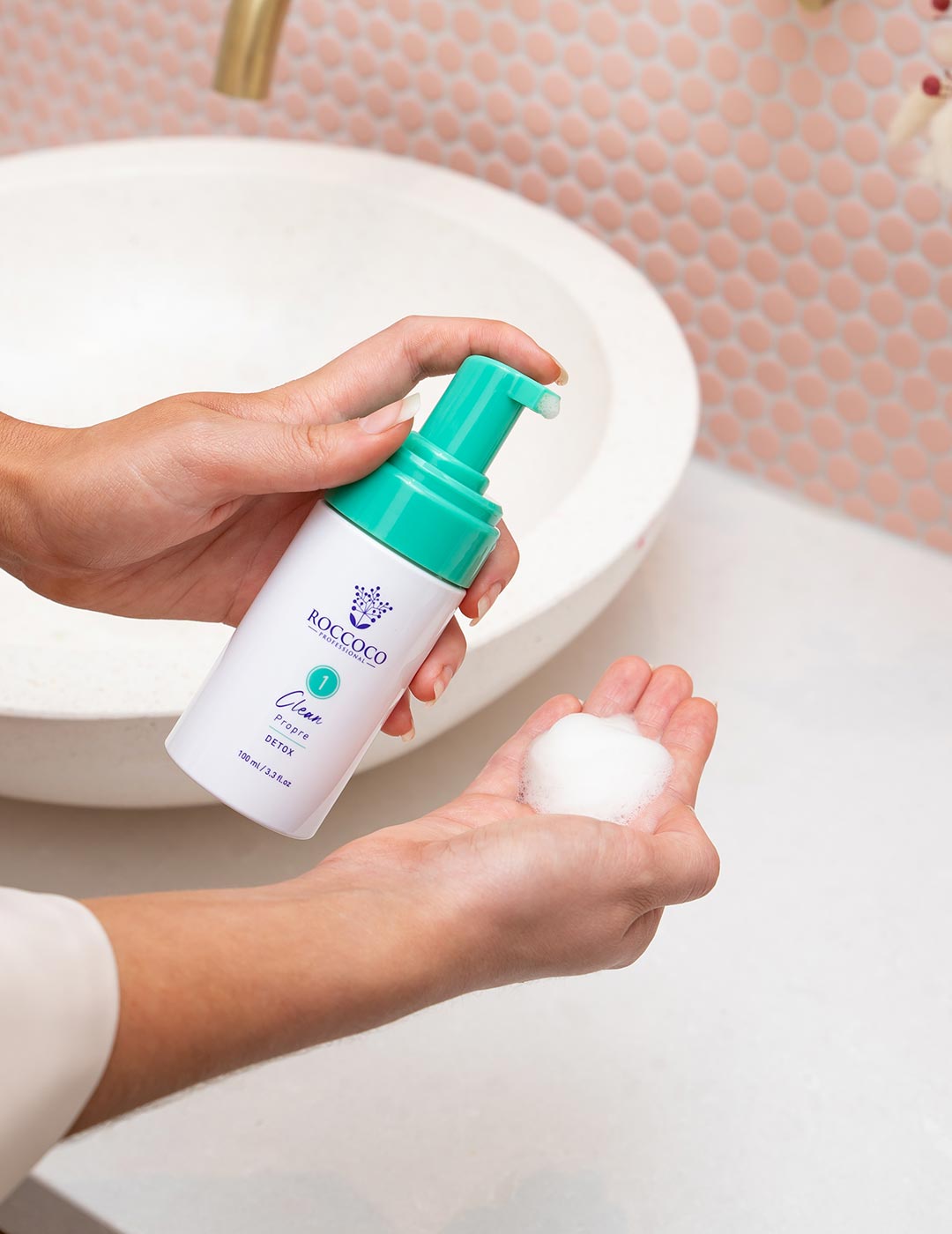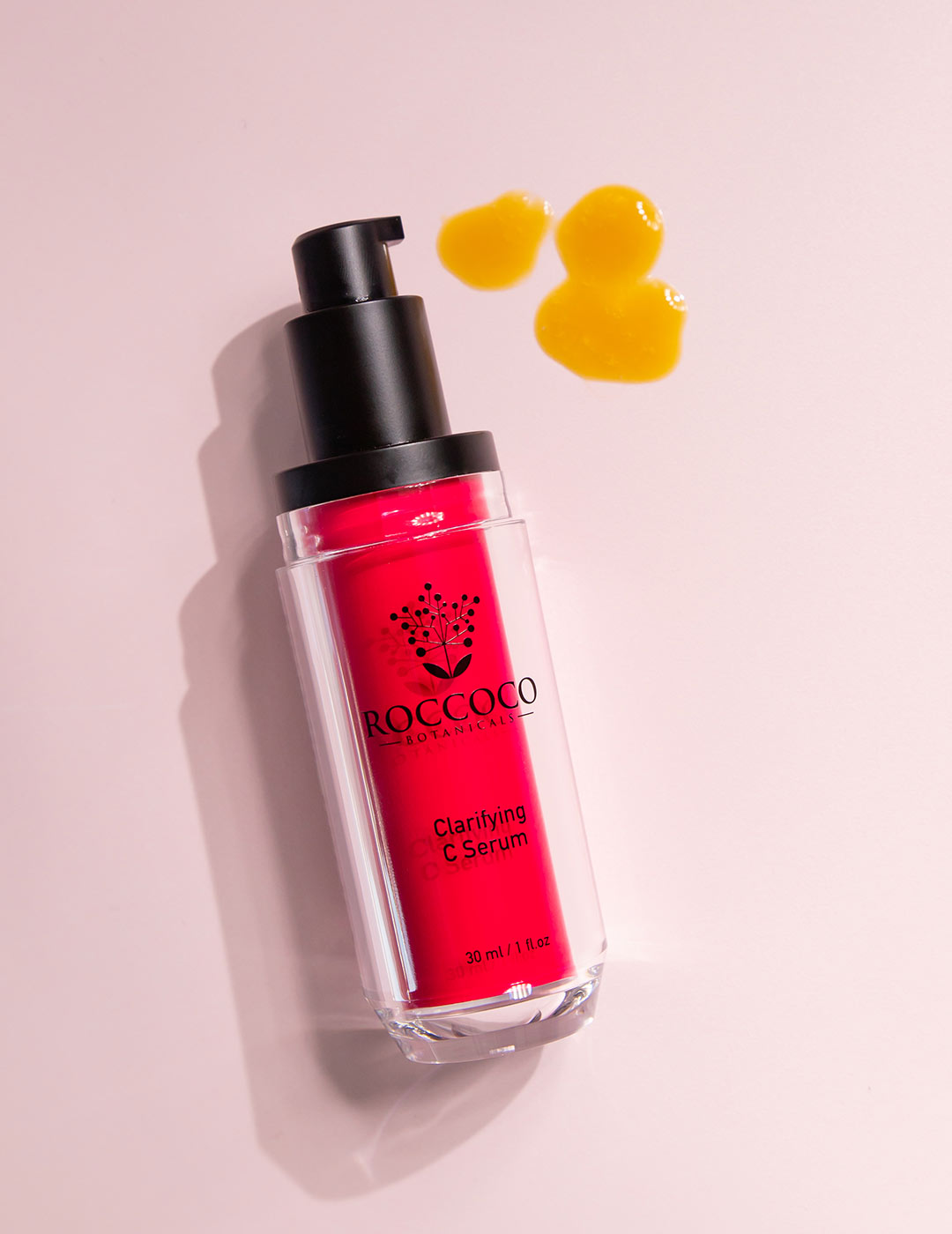Taking care of sensitive skin can be a daunting task. It requires finding the right products that don't cause irritation or redness and ensuring your skin stays hydrated, supple, and smooth. In this post, we'll explore some tips and tricks for sensitive skin sufferers.
Choose the right cleanser: The first step in any skincare routine is choosing the right cleanser. When it comes to sensitive skin, it is important to choose a gentle, non-irritating cleanser that will not strip the skin of its natural oils. Look for cleansers that are labeled “for sensitive skin” or “non-comedogenic”, which means they will not clog pores.
Avoid Harsh Chemicals: Most skin care products have chemicals that can harm sensitive skin. Always check the ingredients before purchasing any product. Avoid products that contain fragrances, sulfates, and alcohol. These chemicals can cause irritation, redness, and dryness.
Moisturise: Always use a moisturiser that is allergen free. Moisturisers help keep the skin hydrated and supple, and they help reduce the risk of sensitivity and irritation. Look for a moisturiser that contains soothing ingredients such as oat oil, bisabolol, cholesterol and aloe vera. These are known to reduce inflammation rapidly in the skin. Look for actives that decrease the reactivity of nerve endings in the skin. Examples are Acetyl Tetrapeptide-40.
Sunscreen: Always wear sunscreen if you have sensitive skin. Exposure to the sun can cause severe damage to the skin, which may lead to skin cancer. Always use a broad-spectrum mineral sunscreen that has an SPF of 30 or higher.
Mild Cleansers: Avoid using harsh cleansers that have a lot of chemicals and fragrances. Use mild cleansers that are gentle on the skin. These cleansers help remove dirt and makeup without causing irritations.
Exfoliation: Exfoliation helps remove dead skin cells, making the skin look smoother and brighter. However, for people with sensitive skin, it's essential to choose a gentle exfoliating product. Avoid products that contain harsh chemicals and abrasive particles that can harm the skin. Enzymes are best for this type of skin as they only remove skin cells that have not exfoliated off correctly. They will not harm living tissue and expose the skin unnecessarily by removing off too many skin cells which creates sensitivity issues.
Be persistent: Caring for sensitive skin can be challenging, but it is important to be persistent and consistent with your skincare routine. It may take time to find the products that work best for you, but once you do, you will be on your way to achieving healthy, beautiful skin.

Taking care of sensitive skin requires gentle care and a lot of patience. Always avoid harsh chemicals and fragrances that can cause irritation and redness. Remember to use mild moisturisers and cleansers that will help hydrate and protect your skin. And lastly, always wear sunscreen when going out to protect your skin from the harmful rays of the sun. By following these gentle skincare tips, you can keep your sensitive skin healthy, glowing, and beautiful.
Want to escape the endless cycle of trial and error and just get to soft, glowing skin that radiates good health?
Read more

Dealing with eczema can be frustrating due to constant itching, redness, and discomfort. This guide offers comprehensive tips for managing symptoms, including lifestyle changes, diet, skincare, and...

Here at Roccoco Botanicals, we understand how our skin can change with age, motherhood, and daily living. Skincare trends come and go, but allowing our skin's natural barrier to work effectively is...



